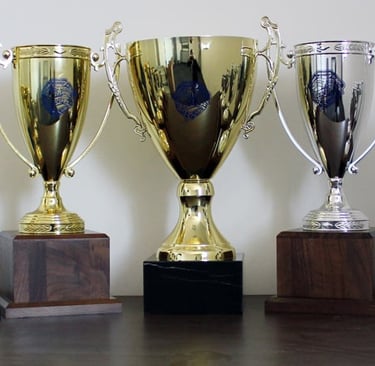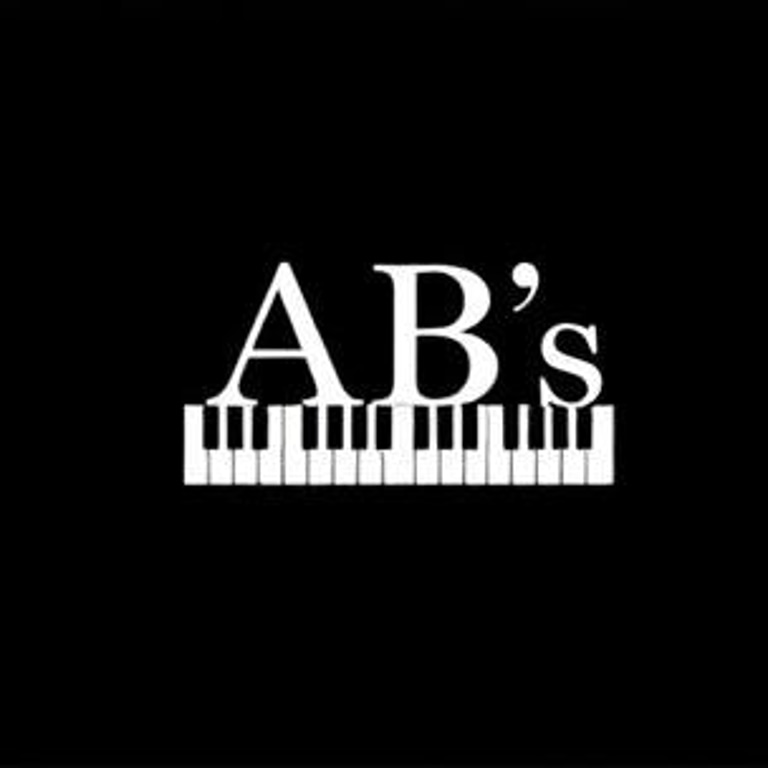Performance Classes
I offer two performance classes during the school year, typically scheduled in the week leading up to the formal recital. These classes give students the opportunity to perform one or more pieces in front of a small audience of peers at a similar age and skill level.
The goal is to help students develop their critical listening skills and practice giving supportive, constructive feedback to others. Performance etiquette is also a key focus, as students learn the appropriate behavior for performing on stage.
In addition to individual performances, these classes often include group activities, offering a refreshing change from the usual weekly lessons. When I ask students if the performance classes help them feel more prepared for playing in front of others, the response is always overwhelmingly positive.
Recitals
There are two formal recitals held each school year: one in December, just before the winter break, and one in the spring, shortly before the end of the year. While participation in these recitals is not required, I always encourage students to take part, provided they are prepared and available.
Student piano recitals are an important part of musical education, offering both practical and emotional benefits that go beyond the technical skills required to play an instrument. They help foster confidence, discipline, creativity, and a sense of accomplishment.
Here are a few key points that highlight their significance:
1. Building Performance Skills
Recitals give students the opportunity to practice performing in front of others, which is an essential skill for any musician. Performing live helps students become comfortable with the pressure of an audience, manage performance anxiety, and learn how to express themselves confidently on stage.
2. Setting and Achieving Goals
Preparing for a recital encourages students to set clear goals and work toward them in a focused manner. They learn the discipline of practicing regularly, breaking down difficult pieces into manageable sections, and improving their overall technique and musicality.
3. Enhancing Musical Expression
Recitals push students to interpret and express the music they are playing, rather than just playing the notes correctly. This fosters deeper musical understanding and helps students connect emotionally with their performance.
4. Building Confidence and Self-Esteem
Successfully performing in front of an audience, whether small or large, boosts a student's confidence. The positive feedback from the audience, as well as the sense of accomplishment from overcoming stage nerves, helps students develop a stronger sense of self-worth.
5. Providing a Sense of Community
Recitals create a sense of shared experience among students, parents, and teachers. They provide an opportunity for students to bond over their love of music and celebrate each other's progress. It's also a chance for students to witness the diversity of musical styles and approaches, inspiring them to grow as musicians.
6. Learning Stage Presence and Etiquette
Performing in recitals teaches students important aspects of stage presence and etiquette, such as bowing, managing stage fright, and how to engage with the audience. These are important skills that can be applied to other areas of life as well.
7. Encouraging Lifelong Learning
Recitals encourage students to view their musical journey as a process, rather than a one-time event. The experience of performing can ignite a lifelong love for music and motivate students to continue learning and improving as musicians.
8. Celebrating Progress
Recitals are a way to celebrate students' progress and achievements. For many, it's a chance to see how far they've come since their last recital, reinforcing the value of consistent practice and perseverance.


Federated Festivals
Students have the opportunity to participate annually in the NFMC Festivals Program. This program promotes music study, fosters interest in both American and global musical literature, and encourages participants to achieve a high standard of musical performance. To motivate continued participation, students can earn ribbons, certificates, and gold cups in subsequent years.
The goal of the program is to inspire students' interest in music, provide valuable feedback through evaluation by qualified adjudicators, and offer motivation to continue their music education.
Approximately 3,000 students in Oregon participate in this event, while nearly 100,000 students take part nationwide!
